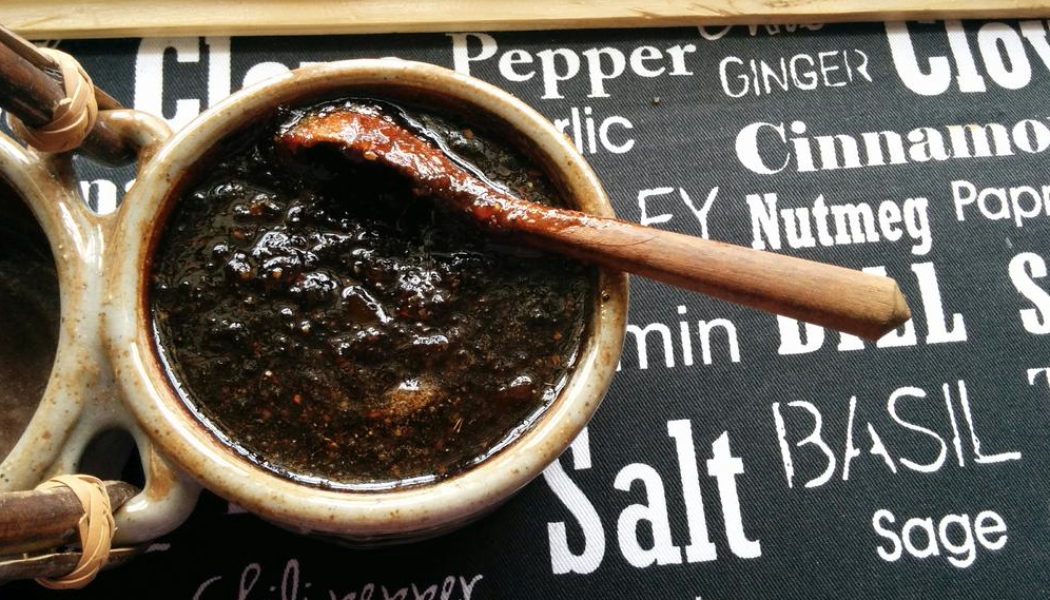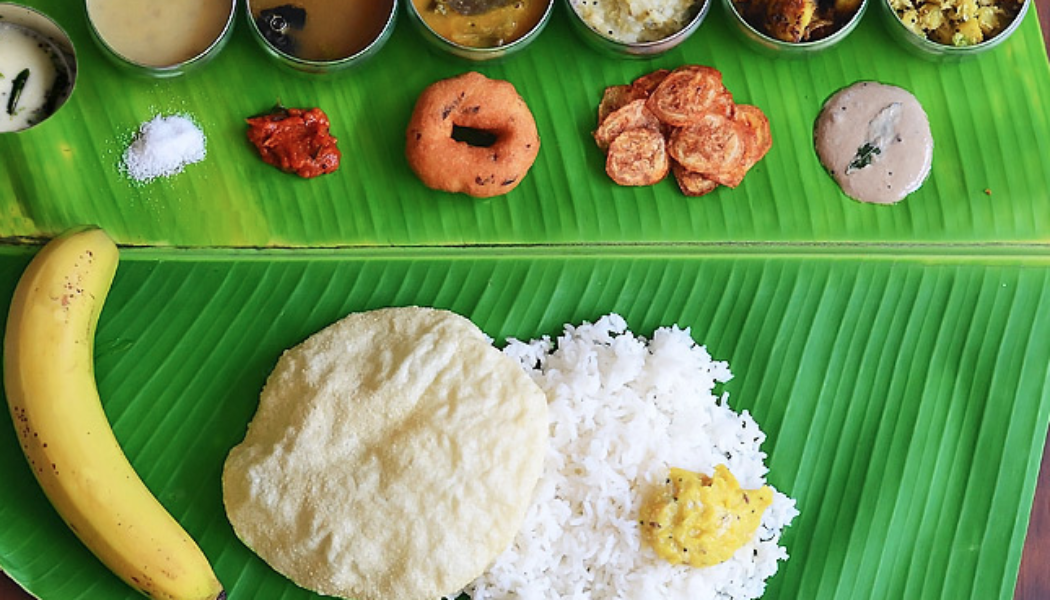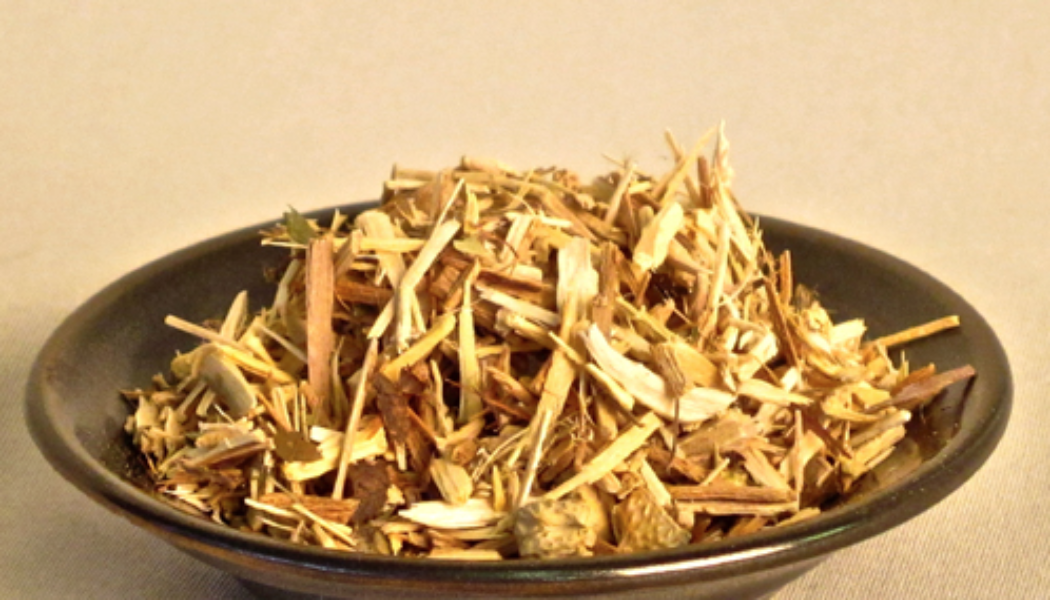Month: September 2015
Food As Medicine – How Food Affects Your Mind – An Ayurvedic Perspective
How Food Affects Your Mind According to the teachings of Ayurveda food not only nourishes the body but also nourishes and affects the mind. Ayurveda has a very elegant way of explaining certain qualitites of the mind – namely, sattva [pure], rajas [dynamic], and tamas [stable/heavy] qualities of the mind. Qualities Of The Mind From the most fundamental perspective we can say that – mind is movement. The movement of thoughts, feelings, and emotions make up most of what we generally consider to be the mind. These three shifting qualities [sattva-rajas-tamas] of the mind are briefly described below. Sattva Sattva [pure] qualities of the mind are expressed mostly as love and compassion, righteousness, and often describes the kind of person who seeks after truth in life. Sattva indi...
Nourishing Wisdom – Certain Foods To Never Combine
Nourishing Wisdom The ancient science of Ayurveda flourished in a civilization vastly different from life today. Many thousands of years ago people were very connected to the great rhythms of life – the rhythmic cycle of seasons, day and night, life and death. That said, the wisdom of Ayurveda is still just as relevant today than ever before. Fortunately for us, the wise sages understood health as being dependent upon being in harmony with nature. Let us now discuss some of these teachings centered around food combining; more specifically – food incompatibities. “How you eat is as important as what you eat.” – Dr. Vasant Lad, Ayurvedic Physician Cultivating A Healthy Lifestyle Before discussing food incompatibilities it is important to also bring abou...
Ayurvedic Management Of Psoriasis With Diet & Lifestyle
Ayurvedic Management Of Psoriasis When winter comes and snowfall hits, many people enjoy the season and it’s outdoor activities. Psoriasis patients however often experience a recurrence of the disease during mid-winter. Psoriasis is not only a seasonal disorder but a lifestyle disorder as well. Understanding Psoriasis The word psoriasis is derived from the Greek word “Psora” and “Iasis”. “Psora” means ‘itch’ or ‘scale’ and “Iasis” means ‘condition’. Psoriasis is an inflammatory disorder that affects the skin and nails. It is marked by patches of thick, red skin covered with silvery scales that occur primarily on the elbows, knees, lower back and scalp. Although not life-threatening, it can be painful and cause psychological and em...
What’s Your Dosha?
What’s Your Dosha? If you have spent anytime in the Ayurveda and Yoga community you may have come across the term “Dosha”. The science of Ayurveda explains that the human body is a replica of the vast external universe and – “that” – which is in the universe is also contained within the body. Although seemingly complex, let us simply discuss the concept of doshas keeping in mind that no single word can translate the exact meaning which the ancient texts have described many thousands of years ago. Ancient Wisdom: “Vata, pitta and kapha move in the whole body producing good or ill effects upon the entire system according to their normal or provoked states. Their normal state is prakrti and thier abnormal state is vikrti.” – Charaka Samhita Ch. 17 Sutra ...
Chyawanprash – The Famous Ayurvedic Elixir
Chyawanprash – The Ayurvedic Elixir Long ago, sat in the forest an old wise sage named Chyawan. It has been said that the old wise sage had been sitting in mediation for such a long period of time that he eventually became covered with moss, twigs, leaves and branches. One day, a beautiful princess found herself joyfully singing through the forrest as she played a game while being blindfolded. Accidently, the beautiful princess’s hand had gently grazed the head of sage Chyawan. According to the rules of the kingdom – whomsoever the beautiful princess touches will be destined to be her husband as she was only to touch one man in her lifetime. “Restore Youthfulness & Vitality” How could such a beautiful princess marry an old man? Suprisingly, sage Chyawan a...
Ayurvedic Tips To Help Manage Heartburn + 3 Easy Soothing Recipes
Ayurvedic Tips To Help Manage Heartburn Do you ever get that burning, stinging sensation rising from your stomach and chest to your throat? Of course you have. In fact, according to the National Institute of Diabetes and Kidney Digestive Diseases, 60 million people experience heartburn at least once a month and 25 million experience these symptoms daily. Staggering! Basic Guidelines To Help Prevent Heartburn: – avoid spicy food – avoid fermented food and pickles – minimize intake of citrus and sour fruit – avoid overeating Easy Soothing Recipes EASY RECIPE #1 – 2 tablespoons of aloe vera gel – 1 pinch of baking soda Simply mix these two ingredients and drink. This will help to provide immediate soothing effects upon the burning sensation common to acid r...
3 Tips For Healthy Living – Finding Balance From An Ayurvedic Perspective
3 Tips For Healthy Living The ancient science of Ayurveda has described health to be a state of perfect balance. Likewise, it’s very intuitive to acknowledge that this state of health and balance is brought about by maintaining a certain lifestyle in accordance with nature. Cause And Effect Although the world seems to be more unpredictable by the day – we know that disease often does not just appear from nowhere. Commonly, before any of the obvious signs and symptoms of disease appear there are often more subtle expressions of disease which are present – yet, unfortunately overlooked. In the same manner, if we were to come across a tree in the forrest we know with certainty that there was once a seed and fertile ground for that seedling to sprout and come to full bloom. So true...
The Root Cause Of All Disease – An Ayurvedic Perspective + Practical Tips To Improve Digestion
The Root Cause Of All Disease Ever get that heavy feeling with unclear thinking and tiredness especially after a meal? According to the science of Ayurveda [“The Science Of Life”] this lack of vitality is often due to the formation of toxins [“ama”] – which arises due to poorly digested food material and is considerered unsuitable to the body. After all, if we eat food to gain energy – why then should we feel deprived of energy after the consumption food? The answer is quite simple as we shall see below. Respect Your Digestive Flame In most ancient cultures fire was revered because it provided light, warmth and the ability to cook food. In some cultures [i.e. vedic culture], fire is considered sacred as it represents the transformation between the mortal world and the heavens a...
The Six Tastes Of Food – An Ayurvedic Perspective + 5 Quick Tips For Digestion
The Six Tastes Of Food Have you ever wondered why when we are sick we often lose our sense of taste and even have a diminished appetite? The science of Ayurveda explains an interesting relationship between taste, appetite, and the power of digestion. Often we simply connect tastes and flavor with enjoyment value rather than connecting tastes with its corresponding therapeutic value. Ayurveda has a simple yet elegant explanation for all of this and even provides a correlation which considers the natural order of these six tastes and the corresponding stages of digestion, as we shall discuss below. The Six Tastes: Although food should most certainly should be flavorful and delightful – we should also consider the therapeutic effects which food has upon both the body and mind. The six t...
THE BEGINNER’S GUIDE TO AYURVEDA
THE BEGINNER’S GUIDE TO AYURVEDA A Brief Introduction: “Hi. My Name Is” Welcome to one of the oldest medical systems known to mankind. I will be your guide on this journey and I will do my level best to help make this journey as enjoyable and educational as possible. Let me quickly introduce myself. I am Mike Dhaliwal, M.D. and for a long time i’ve had the passion to further explore and seek out life’s greatests secrets. At the same time, I’ve equally had the same passion for medical advacements such as stereotactic biopsy and resection of malignant brain lesions to extreme cases of emergently cracking open a patient’s chest in the E.R. for life-saving maneuvers such as cardiac massage and so much more. I cannot lie, all this fascinates me. However, having been in the clinical setting for...
Dashamula – “The Ten Roots” – A Potent Ayurvedic Formula
Dashamula – “The Ten Roots” Dashamula is an ayurvedic formulation made up of ten herbs. The name Dashamula translates to ‘The ten roots’ and it is a potent ayurvedic formula. It is particularly beneficial to disorders of the nervous system and lungs. It is also frequently used as an enema as it helps to alleviate constipation, lower back conditions and inflammation in the pelvic and sacral areas. Dashamula has expectorant, nervine, analgesic and febrifuge actions. It directs the air and space elements in the body to flow downward and alleviates most nervine disorders associated with weakness, debility and pain. It is particularly effective in tremors, sciatica and parkinsons. Dashamula is also used in cases of dry coughs associated with respiratory weakness. Properties: D...
Sat Isabgol [Psyllium Husk] – For Optimal Digestive Function
Sat Isabgol – For Optimal Digestive Function Sat Isabgol (Psyllium husk) is an efficient bulking agent which acts as both an antidiarrheal and a laxative. As it can be used in cases of constipation and diarrhea it has a strong affinity for the digestive and excretory systems. It is also known as Asva-Karna which means horse’s ear in Sanskrit – this refers to the seeds resemblance to a horse’s ear. Sat isabgol is an efficient herb for digestive issues, and as a gentle laxative, can even be used (cautiously) during pregnancy. Some of the many ayurvedic actions that Sat isabgol possesses include; alleviating dry coughs and ulcers, regulates blood sugar, and comprises anti-inflammatory, expectorant and anthelmintic properties. When the husk is soaked with milk, this creates a laxa...






















![Sat Isabgol [Psyllium Husk] – For Optimal Digestive Function](https://healthyayurveda.com/wp-content/uploads/2015/09/Screen-Shot-2015-09-04-at-2.03.58-PM-1050x600.png)
![Sat Isabgol [Psyllium Husk] – For Optimal Digestive Function](https://healthyayurveda.com/wp-content/uploads/2015/09/Screen-Shot-2015-09-04-at-2.03.58-PM-80x80.png)